- 👨🏿🚀TC Daily
- Posts
- Optasia eyes unicorn status
Optasia eyes unicorn status
Hot Take: Fintechs should lobby more.


Happy mid-week. ☀️
Finally, that ChatGPT browser we’ve all been clamouring for is finally here. OpenAI has launched ChatGPT Atlas, an AI-powered browser that lets you chat with your search results and even ask it to complete small tasks on websites, like your own personal JARVIS. It’s rolling out first on macOS and available to free users at launch. Atlas joins other AI browsers like Perplexity’s Comet in the race to change how people find and use information online. But with Chrome’s three billion users, OpenAI has a steep climb ahead.
With Chrome, Atlas, and Comet now in the mix, the battle for AI-enabled search and browsing is heating up.

Funding
Moniepoint’s $90 million glow up
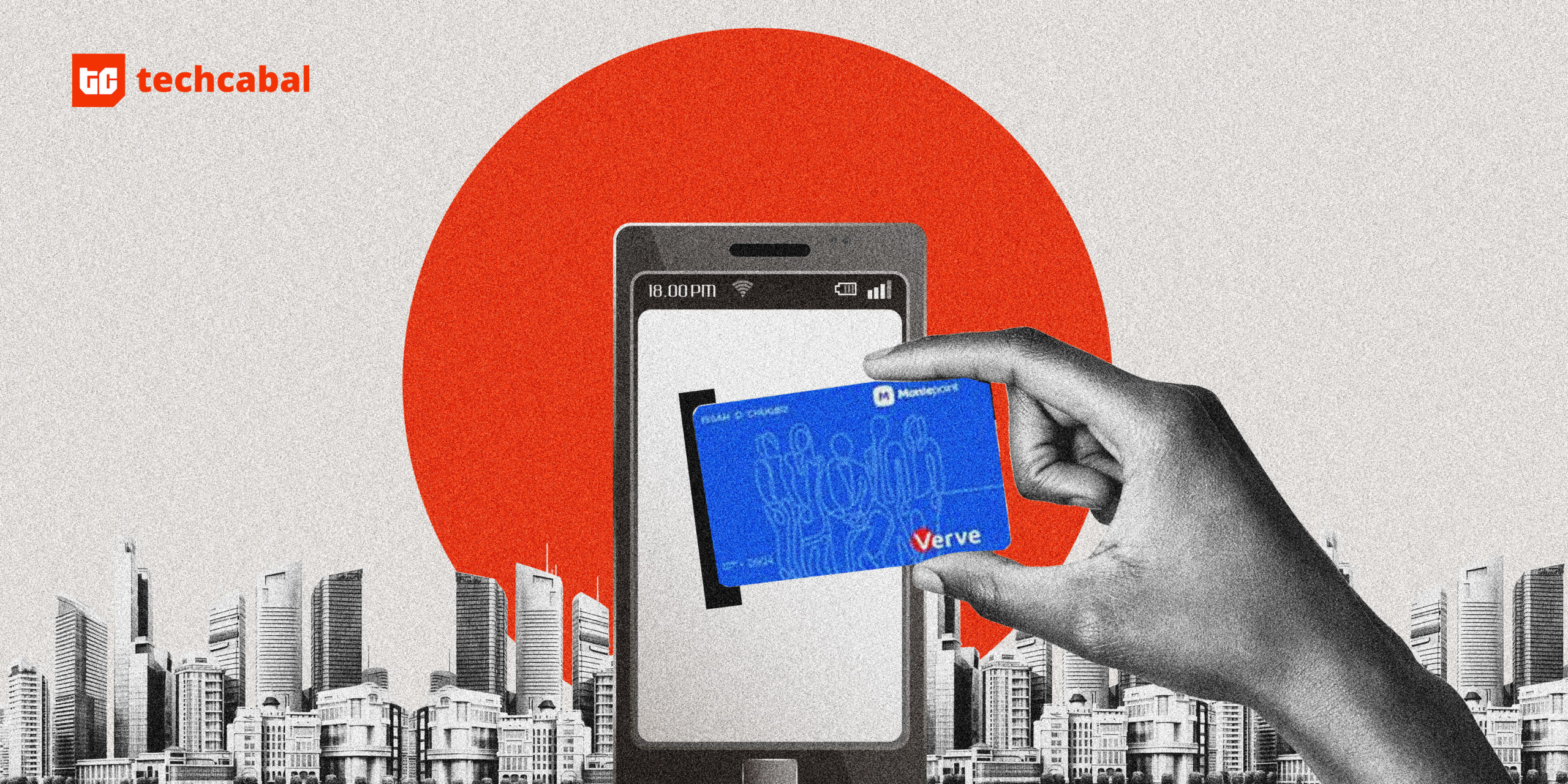
If you thought Moniepoint hung its boot after joining Africa’s billion-dollar startup club, think again.
Now what happened? Moniepoint, a Nigerian fintech startup, has topped up its Series C round with $90 million, in a funding round led by Development Partners International’s African Development Partners III (ADP III) fund, with LeapFrog Investment anchoring the final close. Other big names, including Visa, Google’s Africa Fund, Swedfund, and the International Finance Corporation (IFC), also showed up with their wallets.
For context: MoniePoint became a unicorn when it first raised an initial $110 million in its Series C round in 2024.
Why raise more? Moniepoint wants to fuel its next phase of growth across Africa and beyond. The company’s UK arm recently launched MonieWorld, a remittance app that lets users in the UK send money directly to any Nigerian bank through Apple Pay, Google Pay, or British bank cards. It’s also chasing a foothold in East Africa with plans to acquire Sumac Microfinance Bank in Kenya, which could plug it into the region’s $67 billion mobile payments market. All that costs money, and this fresh round gives Moniepoint the firepower to chase it.
The capital raise also lands as Nigeria’s Central Bank enforces rules for agents to stick with one mobile money operator. For smaller fintechs, that’s a gut punch as fewer shared agents mean tougher distribution. But for Moniepoint, which already boasts of over 300,000 agents in the country, it might be an edge. The fresh capital could help it offer products to lock in loyalty with agents while others scramble to adapt.
eCommerce Without Borders: Get Paid Faster Worldwide

Whether you sell in Lagos or Nairobi, customers want local ways to pay. Let shoppers check out in their local currency, using cards, bank transfers, or mobile money. Set up seamless payments for your global online store with Fincra today.
Fintech
Optasia’s JSE listing could value it at over $1 billion
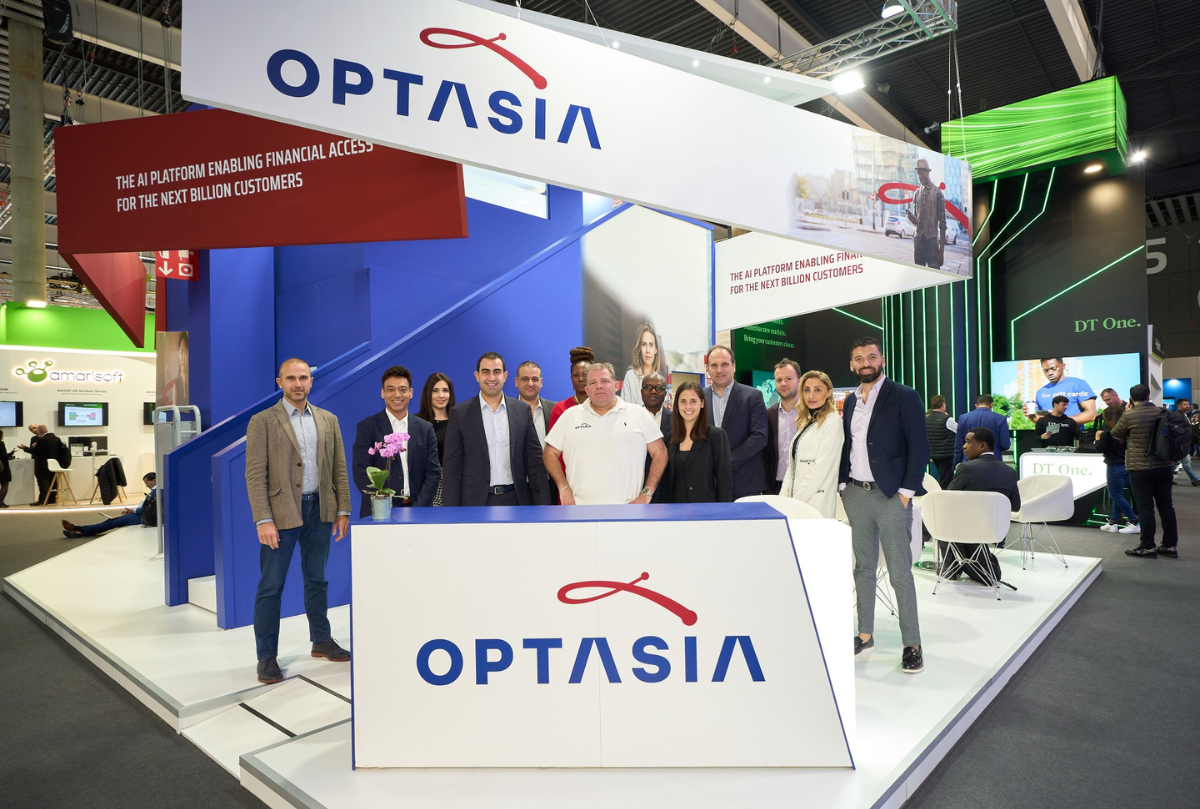
We told you the madness happens in Q4, and another unicorn minting could prove it. Optasia, a South African fintech, is eyeing a big public debut on the Johannesburg Stock Exchange (JSE), with plans to raise $345 million, putting it at a valuation of over $1 billion. The company will price its shares between $0.89 and $1.09 each, offering as many as 420 million shares.
What’s Optasia? Founded on the idea that financial access shouldn’t depend on formal banking systems, Optasia uses AI algorithms to assess creditworthiness from unstructured information that traditional banks often can’t process. Its technology supports small loans averaging just $5, and claims to distribute them through partners like M-Pesa and MoMo.
Why Johannesburg? The JSE is one of the world’s largest and most liquid emerging market exchanges, offering strong exposure to global investors. It also places the fintech closer to its core audience. South Africa’s fintech market size hit $981.32 million in 2024 and is projected to pass $3 billion by 2033. Optasia’s choice to list in Johannesburg is strategic.
Optasia plans to offer up to 84 million ordinary subscription shares to raise about $75 million, and a further 281 million secondary shares will be sold by private shareholders and amount to about $287 million.
What does this mean? Optasia’s listing is a confidence boost for Africa’s fintech ecosystem and for the JSE’s growing relevance in tech. It shows that global fintechs see African exchanges as viable launchpads with serious investor appetite. It comes at a time when the JSE has seen a wave of delistings and investor exits, making Optasia’s debut a welcome reversal. For the JSE, it’s another chance to prove it can host billion-dollar digital players, and not just lose them.
Paga is in USA

Paga is live in the U.S.! Whether you're in Lagos or Atlanta, manage your money effortlessly. Send, Pay, and Bank in both Naira and US Dollars, all with Paga. Learn more.
Streaming
MultiChoice cuts DStv decoder prices by up to 40% as Canal+ seeks to win back viewers
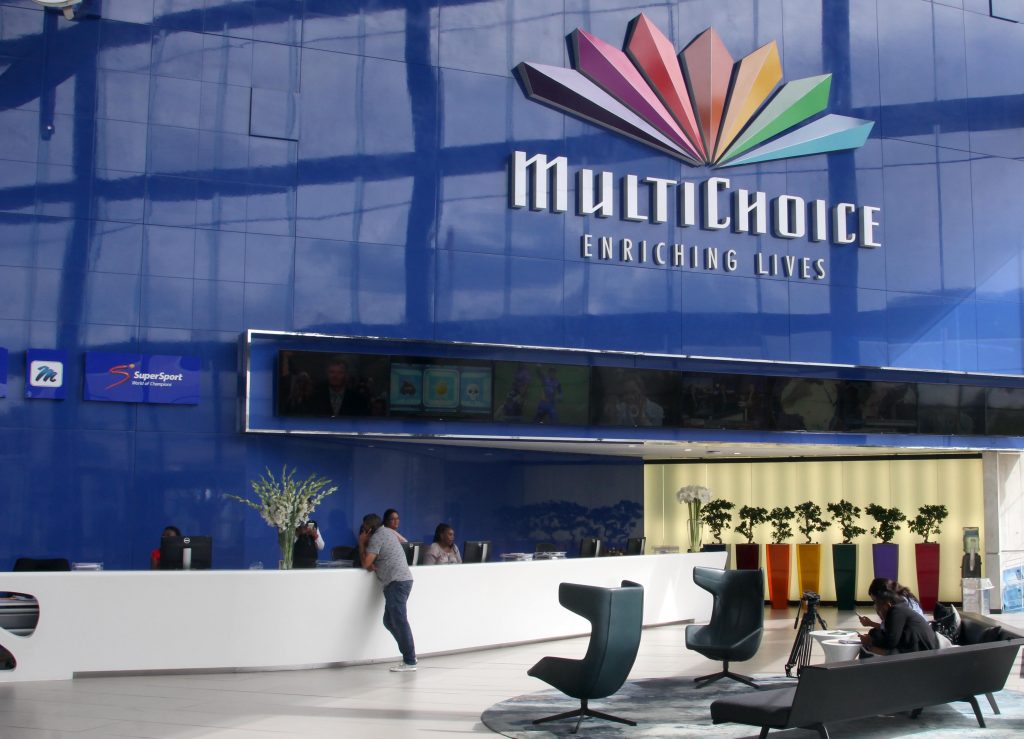
With Canal+ now at the helm, MultiChoice is wasting no time making bold changes. Starting November 1, 2025, DStv decoder prices will drop by as much as 40%, marking the first major price correction after years of subscriber decline.
Between the lines: The company has shed 2.8 million active subscribers across Africa over the last two years, half from South Africa alone. In 2025, it lost 1.2 million users, an 8% drop year-on-year, as streaming services and cost-of-living pressures pulled viewers away. For a company that once defined premium African entertainment, that’s a sharp wake-up call.
Now under full Canal+ ownership, MultiChoice appears to be resetting its playbook. By making hardware more affordable—cutting decoder prices by up to 40% in South Africa and by an estimated 30–40% in Nigeria and Kenya—the company lowers entry costs for households previously priced out of DStv.
In South Africa, where a R499 ($29) decoder could now sell for about R350 ($20), the adjustment is significant. In Nigeria, a ₦10,000 ($6.82) unit may drop to ₦7,000 ($4.78), while in Kenya, a KES1,199 ($9) decoder could fall to around KES840 ($6.5). For budget-conscious families across these markets, the difference could be decisive.
State of play: As over 560 streaming platforms compete for African eyeballs, DStv’s lower decoder pricing could spark a continental “price war” for household screens. The move might help Canal+ rebuild its subscriber base among middle-income viewers, but it also exposes the company to thinner margins and greater currency risk.
If Canal+ can pair these price cuts with better content, bundles, and flexible streaming options, DStv could find a way to stay relevant in Africa’s rapidly fragmenting entertainment market.
Join Paystack and Unwind Fest for Founders Rant!
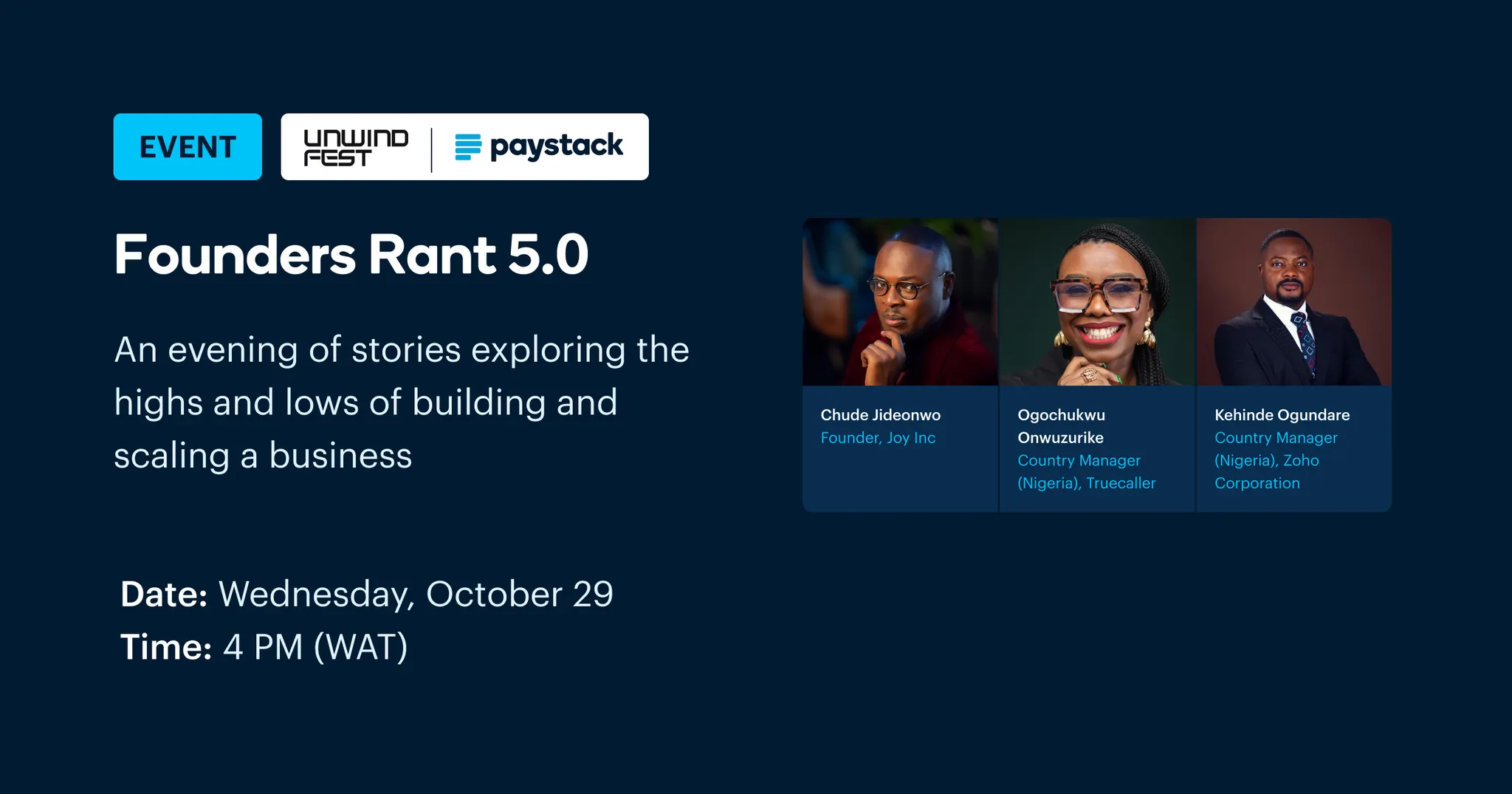
Building a company is exciting and hard. Come hear founders share the real stories behind the highs, lows, and lessons of building in Africa. Buy tickets here →
Banking
Only 12% of GTCO workers earn above $682 a month
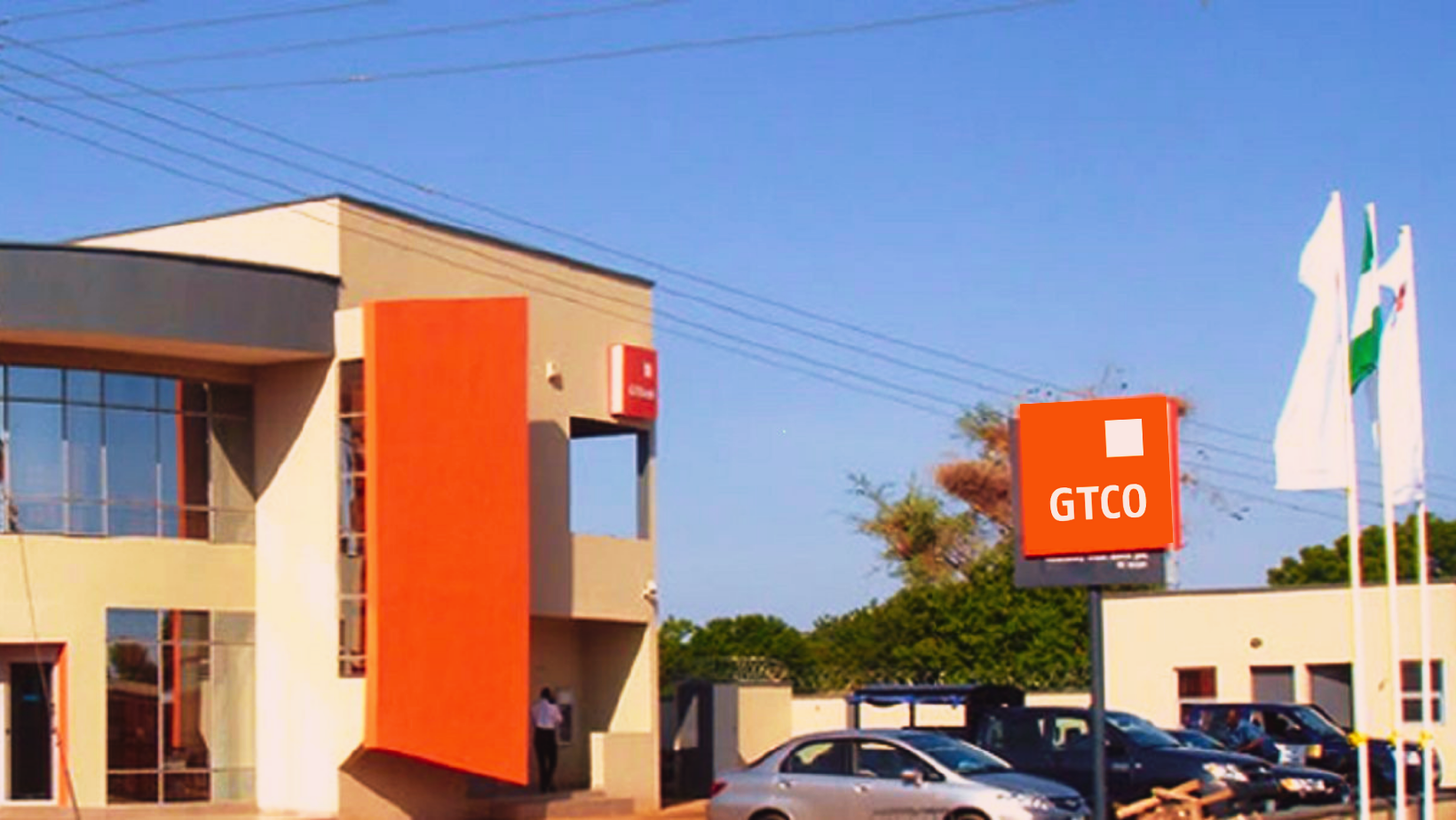
They call it one of the most capital-efficient financial service institutions—and one of the most profitable—but it’s safe to say we now know why. Guaranty Trust Holding Company (GTCO)’s latest H1 2025 filing showed that only 12% of its staff earn over ₦1 million ($682) monthly.
State of play: The bank’s lean cost structure is central to its capital efficiency. With just 5,866 employees—fewer than its peers like Zenith or Access Bank—GTCO still managed to deliver ₦449 billion ($306 million) in profit after tax in H1 2025; though it was a massive drop from the ₦905.57 billion ($602.5 million) it posted the year before, the bank is still on track to retain trillion-naira status by year-end.
Its H1 2025 profit after tax is about ₦76.5 million ($52,200) in profit per employee. Even after raising salaries by 40% in October 2024, the bank still spent only ₦54.4 billion ($37 million) on personnel, roughly ₦9.3 million ($6,300) per staff on average. For every ₦1 ($0.00068) it spent on people, it made ₦8 ($0.0055) in profit.
This efficiency has made GTCO a model bank. The lender is nearing its earmarked minimum capital raise and has already dual-listed on the London Stock Exchange (LSE) in July 2025. It now boasts one of the healthiest balance sheets among Nigerian lenders. Yet, its workforce dynamics pose questions: can it retain talent as fintechs and digital-first players continue to lure experienced bankers with fatter paychecks and flexible work?
Yet GTCO has one quiet advantage. An ambitious executive trainee earns about ₦460,000 ($314), and roughly over 8–10 years could rise to a managerial level, earning over ₦1 million ($682) monthly. This relatively quick path to upward mobility might be the one thing keeping its young bankers from joining the fintech exodus.
PalmPay is Showing Nigerians the Smarter Way to Bank

PalmPay is licensed by the CBN and designed for your protection. Over 35 million Nigerians trust PalmPay because it’s a secure and reliable way to bank. Every transaction is encrypted from start to finish, keeping your money secure. Enjoy smarter banking with PalmPay. Learn more.
HOT TAKE ☕
I think the fintech ecosystem needs to mature. We have a lot of regulatory challenges, but as an ecosystem, there is no engagement with regulators either in terms of lobbying or trying to influence those changes. Leaders of other ecosystems are actively engaging the regulators. Serious companies lobby, but fintechs don't. We are serious businesses and we should start behaving like that.
—Wole Ayodele, CEO, Fincra.
CRYPTO TRACKER
The World Wide Web3
Source:

Coin Name | Current Value | Day | Month |
|---|---|---|---|
| $108,214 | + 0.58% | - 5.34% | |
| $3,864 | + 0.01% | - 9.81% | |
| $0.09275 | - 8.97% | + 20.96% | |
| $184.61 | + 0.64% | - 19.90% |
* Data as of 06.50 AM WAT, October 22, 2025.
Opportunities
- Bigger, bolder, and more intentional. Following the resounding success of the inaugural summit in 2024, Growth Padi is thrilled to announce Growth Africa Summit 2025 (GAS 2.0) with the trailblazing theme: “Redefining the Growth Playbook.” Set against the backdrop of a fast-evolving entrepreneurial landscape, this year’s summit will challenge outdated strategies and usher in a new wave of radical, resilient, and relevant growth models tailored for African businesses. Register to attend by November 1.
- Got a startup story worth telling? My Startup in 60 Seconds is TechCabal’s one-minute spotlight for founders to share their journey, from vision and challenges to major wins. It’s more than just visibility; it’s a chance to reach investors, potential customers, and Africa’s wider tech ecosystem. Be featured in My Startup in 60 Seconds or explore other TechCabal advertorial opportunities and let the ecosystem hear your story. This is a paid opportunity.
- Calling all AI enthusiasts for Africa’s premier all-expense-paid AI and Data Science learning experience this October, powered by Data Science Nigeria (DSN). The AI Bootcamp 2025 will run from October 20–25 at the University of Lagos, bringing together learners from 36 states and 13 African countries for practical training, mentorship, and collaboration under the theme “AI for All: Democratizing Intelligence and Driving Impact.” Join the free city classes to qualify for the Bootcamp. Register here.
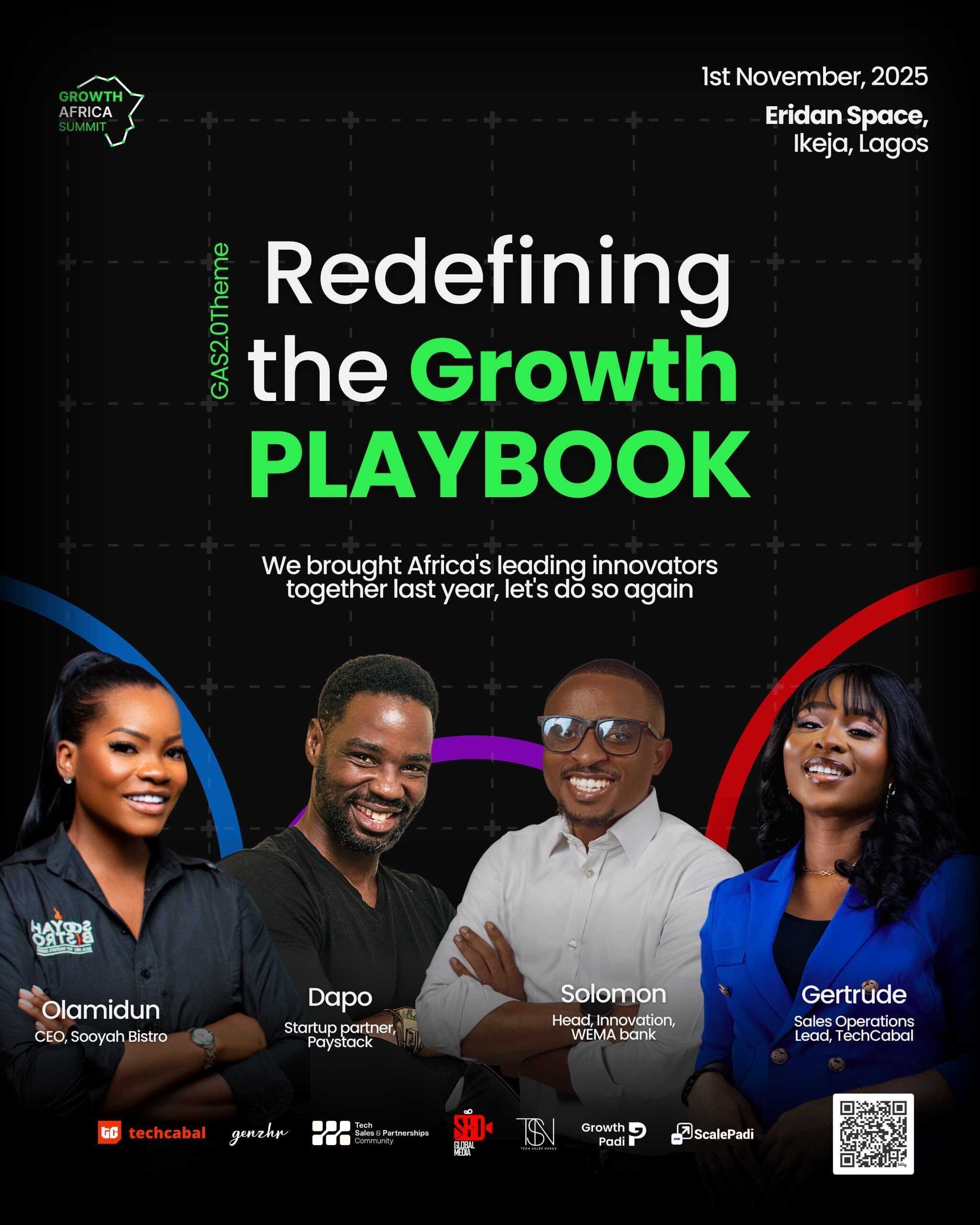

Written by: Opeyemi Kareem and Emmanuel Nwosu
Edited by: Ganiu Oloruntade
Want more of TechCabal?
Sign up for our insightful newsletters on the business and economy of tech in Africa.
- The Next Wave: futuristic analysis of the business of tech in Africa.
- TC Scoops: breaking news from TechCabal
- TNW: Francophone Africa: insider insights and analysis of Francophone's tech ecosystem
P:S If you’re often missing TC Daily in your inbox, check your Promotions folder and move any edition of TC Daily from “Promotions” to your “Main” or “Primary” folder and TC Daily will always come to you.

How did you find today's edition of #TCDaily? |


